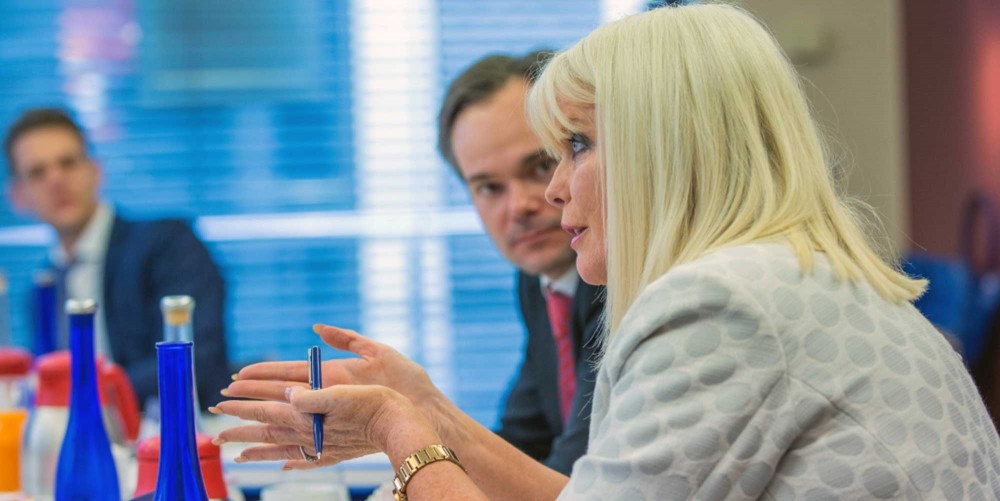Concerns that women-only academic posts are to receive legal repercussions as they could be seen as “positive discrimination” have surfaced following government plans to tackle gender inequality in higher level education.
In November, the government announced its intention to fund the creation of various women-only academic professorships in order to help tackle gender inequality in higher education institutions.
However, correspondence between government departments shows concerns were highlighted that the move could face legal backlash, with the Department of Public Expenditure raising the question of legality last April. In correspondence between government departments, it was questioned as to whether these measure could be viewed as “positive discrimination”.
Head of the Civil Service human resources policy unit, Louise McGirr, wrote: “You have described it as positive action but I am not sure if it is more along the lines of positive discrimination. Positive action being lawful and positive discrimination is not.”
The government aims to see 40% of professors in Ireland be women by 2024. While 51% of current lecturers are women, only 23% are professors.
The women-only positions would be created with government funding and apply to approximately 30 new posts.
However, McGirr said it was unclear how the targets could be met without positive discrimination.
“Positive action is not ring-fencing posts for people of a protected characteristic (ie in this case female) but you can give preference to an underrepresented characteristic (women in this case) all other things being equal and the candidates being equal on merit,” McGirr outlined.
In November, the Office of the Attorney General approved the posts which were then announced by Minister of State for Higher Education, Mary Mitchell O’Connor.
Mitchell O’Connor stated that “excellent women in our higher education sector are not filling sufficient senior academic roles, not because they are not talented, able and expert or committed enough”.
The move followed a report from a gender equality taskforce which found that women face a number of serious barriers to progression that are not experienced to the same degree by their male colleagues.
Many Irish universities have never seen a woman in the role of President, including Trinity, which has seen 44 successive men be employed in the role of the Provost.
The posts come under the remit of the Gender Action Plan 2018-2020. Under the plan, third level institutions are to be required to set targets for the recruitment and promotion of women to senior positions, while failure to meet these targets would negatively influence the level of state funding they receive.
In a statement, the Department of Education said: “Detailed implementation arrangements will be guided by further advice [from the Office of the Attorney General] to ensure that the approach is legally robust.”
Head of Higher and Further Education Policy, William Beausang outlined how the model draws on “international experience”. The Department of Education closely consulted with The University of Delft, in the Netherlands where this system was highly successful. The University of Delft, stated that female-only posts were introduced in order to tackle “serious and persistent backwardness [in numbers] of women scientists”.






